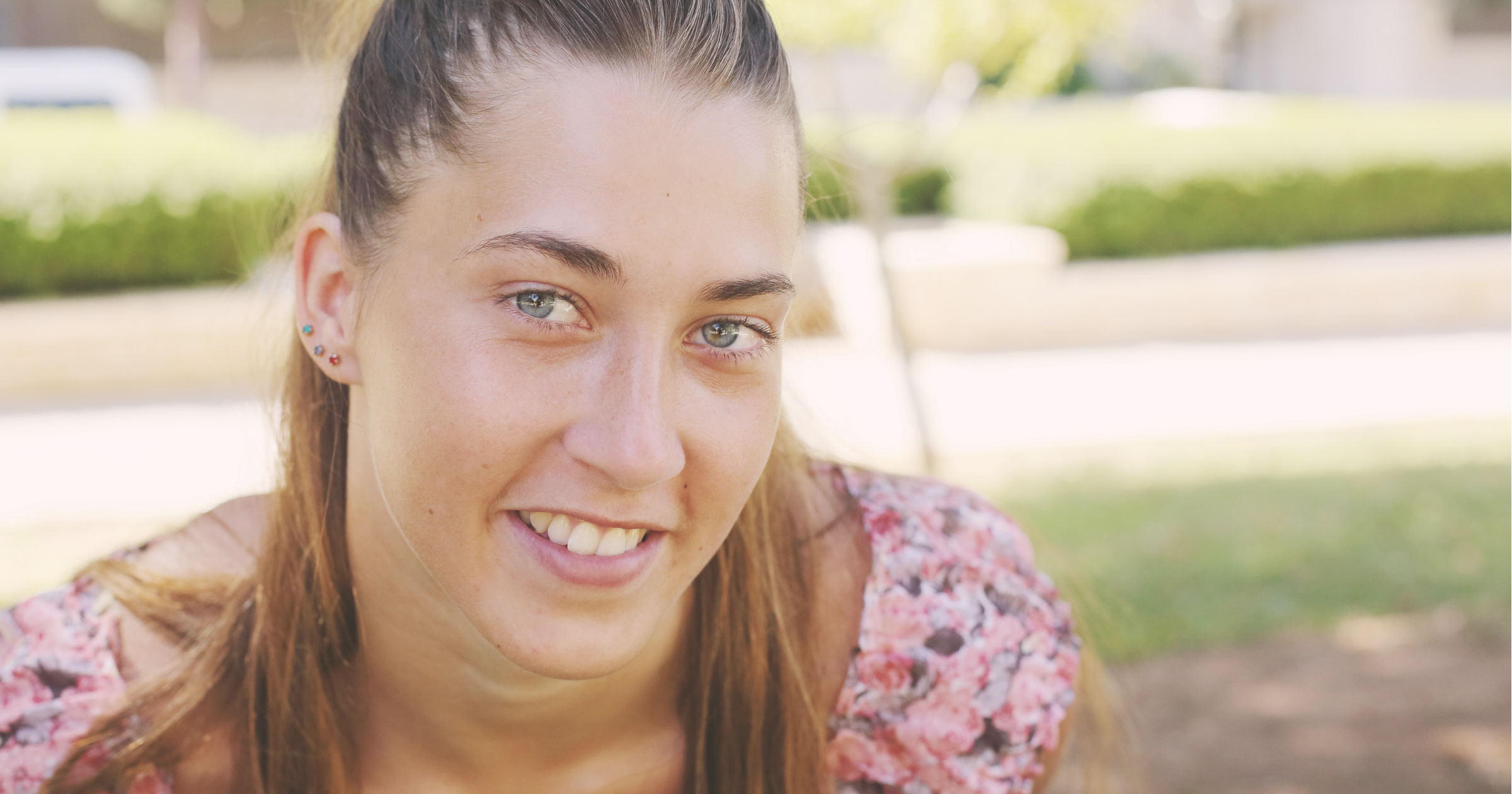
I find it really unfair how a large number of well-to-do people can freely use drugs without being targeted the same way as people in my community.
My experiences prove drug prohibition is not only unfair, but ineffective
Will Tregoning
2.6.22
Angela is a 24 year old social worker and primary school educator from Western Sydney. She wants an end to policies that criminalise drug users. Angela is sharing her story to prove that prohibition – Australia’s primary policy for drugs – doesn’t make sense. And nor is it fair.
Inspired by painful personal and professional experiences, here’s what Angela wants Australia’s politicians to know.
Dear politicians: Drug use is all around you
I’m from the outskirts of Western Sydney, where I would regularly see people (the majority of whom weren’t white) being watched by police and searched by sniffer dogs at the train station.
I would then travel two hours each day to study social work at the University of Sydney. I would arrive at the sandstone castle and attend my lectures amongst a cohort of privileged students, many of whom consume drugs on a recreational basis.
I find it really unfair how a large number of well-to-do people can freely use drugs without being targeted the same way as people in my community.
Everyone takes drugs. Drug use is all around us. The only difference is that some can “get away” with using illegal drugs, while others are victims of racist policing.
Dear politicians: Has the abstinence approach ever worked before?
As a learning support teacher in a public secondary school, I have observed first-hand the deficits in our drug education curriculum, and its effect on students.
The curriculum focuses on the consequences of drug addiction and harmful use without acknowledgement of the non-problematic, recreational, medicinal, and spiritual uses of drugs. While the curriculum does encourage students to consider why people choose to use drugs, it is almost always framed as a negative choice. As someone with lived experience of drug use and connection with drug-using communities, I know that the reality of our experiences is far from what students are led to believe by their curriculum.
The ‘zero tolerance to drugs’ narrative, commonly used in the school education curriculum, exaggerates the risks of drugs and frightens young people. I once had a student doing a project on ecstasy and her first line was “People who do ecstasy have their lives turned upside down”.
Such scare-mongering and exaggeration can lead to young people becoming skeptical of authority figures (such as politicians, educators, and experts), which threatens the credibility of health and safety efforts.
My memory of drug education at school was reading the classic Anna Wood story. I’ve gone back and read the book again, so I could understand her parents’ perspective.
While the Anna Wood story is extremely emotional, and I feel a lot of sympathy for her family, to say that prohibition would have saved their daughter is off the mark.
We know that abstinence-only sex education doesn’t work. There is a common understanding that we need to teach safe sex, not no sex. So why are we not applying the same line of thinking to drug education?
We also know that many people are going to use drugs. That is an unavoidable fact of life. If we want our communities to be happy and healthy and safe, we need to educate young people properly. We need to give students the tools to make informed decisions, so if they do consume drugs they consume them safely.
Dear politicians: Drug use can be beneficial, actually
Ever since I can remember, I’ve experienced night terrors – frightening vivid dreams every night.
For years, I had a fear of going to sleep. I was exhausted all the time, had immense anxiety and a low quality of life. Night terrors is not something anyone wants to go through, or see their child go through.
My parents and I tried everything: experimental and prescribed medication, multiple types of therapy, dream pouches, anti-dream mist, cuddles.
Then, as a young adolescent, I tried cannabis which knocked out my night terrors. At last the frequency and intensity of my night terrors became much more manageable.
I feel privileged that I can access the medicinal cannabis scheme, and have my treatment monitored by a doctor. I am fortunate to receive trustworthy professional advice which gives me peace of mind that the medicine is high quality and safe.
Medicinal cannabis has restored my quality of life, improved my mental and physical health, and as a result I now have better grades and am more confident and less avoidant. My doctors have reluctantly admitted that I’m not the only person who has noticed the effectiveness of cannabis in treating similar sleep disorders.
I want politicians to reflect upon experiences like mine and understand the various reasons why people take drugs. I want politicians to challenge their own biases and stop coming at drug use from a problematic angle.
There is immense potential in the consumption of medicinal, spiritual and recreational drug use, and it’s important to recognise beneficial use alongside problematic use.
There’s proof that personal experiences are more powerful than facts in political decisions.
Personal stories like Angela’s must hold more power in drug policy. Politicians must get better at listening.
If you have lived experiences with drugs and five minutes to spare, share your story with Unharm today.
Image Credit:
Stock image has been used via Canva.
References:
Sign up
Sign up for movement news and opportunities to get involved
We are building a movement to make drug use legal and safe in Australia so that everyone has a better chance to lead a healthy and happy life.